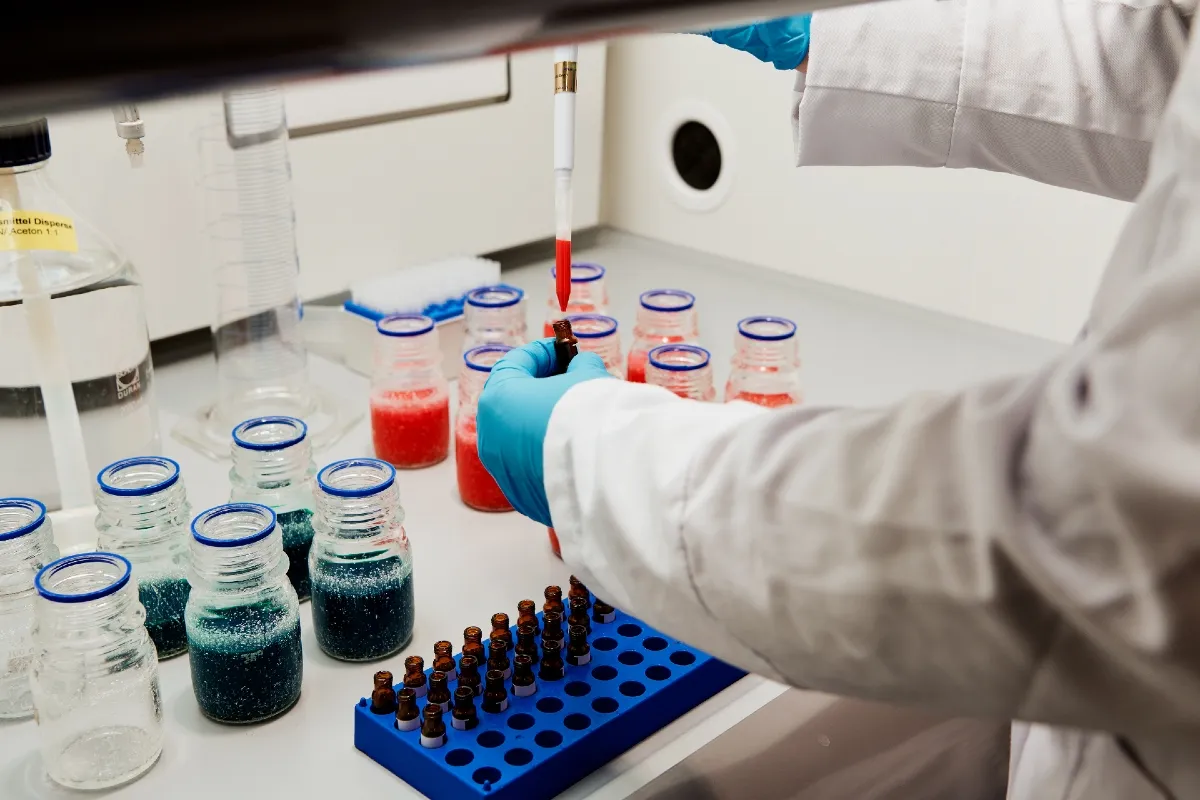Global standards organisation Oeko-Tex has released its updated testing criteria, limit values and guidelines for its certifications for 2025.
These include changes for Oeko-Tex Made in Green, Oeko-Tex Standard 100, Oeko-Tex Leather Standard and Oeko-Tex Eco Passport. The new standards will take effect on April 1, 2025, after a transition period.
For Standard 100, the organisation has announced a reduction in Bisphenol A (BPA) limits from 100 to 10mg/kg, after consultation with internal and external toxicologists.
Meanwhile, the Leather Standard will be updated to reflect the upcoming European Deforestation Regulation (EUDR) traceability requirements. For hides and leather material from cattle and calves, proof of origin (e.g. delivery notes from the slaughterhouse) will be required to earn certification.
The Eco Passport will expand in 2025 beyond chemicals specialised for textile and leather applications to include commodity and maintenance chemicals. Additionally, second-life commodity chemicals will be subject to more frequent testing to ensure quality. Eco Passport customers will also be able highlight the biodegradability of their chemical products on their certificates.
Finally, Oeko-Tex is collaborating further with ZDHC and Oeko-Tex STeP certificate holders are now eligible to participate in the ZDHC Supplier to Zero Programme, uploading their STeP certificate and report to the ZDHC Supplier Platform for acknowledgement within the Supplier to Zero Programme.
